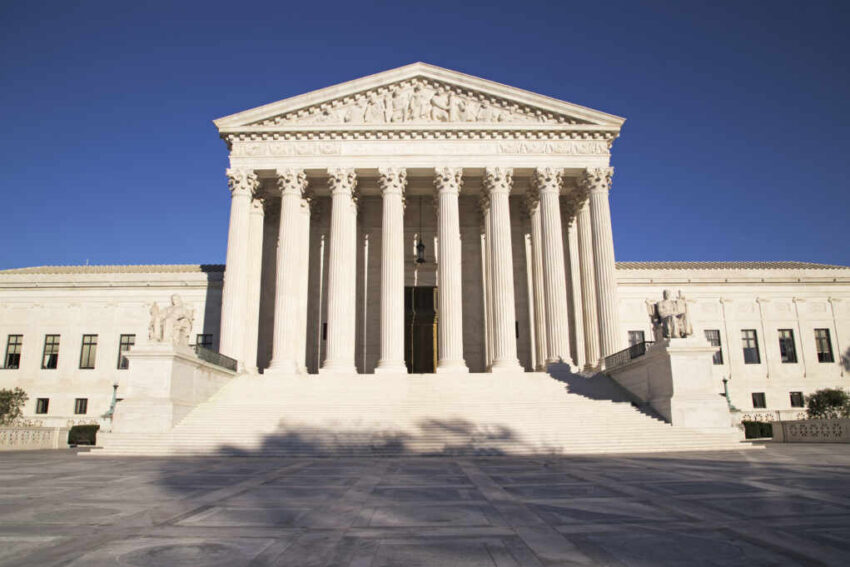The U.S. Supreme Court has ruled 6–3 to restrict the use of nationwide injunctions, delivering former President Trump his most significant judicial win this term and strengthening executive authority heading into the 2024 election cycle.
At a Glance
- Supreme Court ruled that federal judges cannot issue blanket injunctions.
- The decision affects challenges to Trump’s birthright citizenship order.
- Justice Barrett authored the opinion; Roberts joined the majority.
- The ruling limits how broadly courts can block presidential policies.
- Legal experts warn the shift weakens judicial oversight of the executive.
A Shift in Judicial Power
Justice Amy Coney Barrett authored the Court’s majority opinion, holding that federal courts may no longer issue nationwide injunctions that extend beyond the plaintiffs in a case. Her ruling found that broad judicial blocks against executive orders exceed constitutional limits and disrupt the separation of powers.
The decision directly impacts Trump’s 2024 executive order targeting birthright citizenship, which had been stalled by lower-court rulings. The Court’s opinion allows such orders to proceed in jurisdictions where no legal challenge exists, creating a fragmented legal landscape across states.
Watch a report: Barrett Pens Court Win for Trump
Roberts Reaffirms Restraint
Chief Justice John Roberts joined the majority but authored a concurring opinion underscoring judicial minimalism. He argued that injunctions should not function as national policy tools and emphasized procedural consistency. His stance aligns with his March remarks warning against judicial overreach into the executive branch.
As reported by Vanity Fair, Roberts’ quiet alignment signals a broader trend: the Court’s conservative bloc is increasingly willing to grant latitude to executive action—particularly under presidents they politically align with.
Broader Implications for Trump
While the decision does not definitively uphold Trump’s order, it removes a key legal roadblock by preventing single-district lawsuits from derailing federal policy nationwide. According to AP News, critics like Justices Sonia Sotomayor and Ketanji Brown Jackson warned the ruling forces affected parties to file separate lawsuits in every jurisdiction, weakening judicial checks on power.
The decision caps a Supreme Court term largely favorable to Trump. As noted by another AP report, other rulings this term upheld Trump’s eligibility for ballots, strengthened presidential immunity, and narrowed avenues for legal challenge—signaling a judiciary increasingly aligned with the former president’s legal and political objectives.
With this win, Trump secures more than just procedural clarity—he gains a legal framework that may shield future executive actions from swift judicial obstruction.
Click this link for the original source of this article.
Author: Editor
This content is courtesy of, and owned and copyrighted by, https://deepstatetribunal.com and its author. This content is made available by use of the public RSS feed offered by the host site and is used for educational purposes only. If you are the author or represent the host site and would like this content removed now and in the future, please contact USSANews.com using the email address in the Contact page found in the website menu.








